The Top 10 Toronto theatre artists of 2023
Paolo Santalucia, Hailey Gillis, Philip Akin, Peter Fernandes and others delivered five-star work this year

People often talk about how Canada lacks a "star system." That doesn't mean we don't have talent. Far from it, especially in the theatre world. Our artists might not be household names (as if that matters), but they're doing phenomenal work, both onstage and off.
Here are 10 theatre artists – well, actually, 11 – who made this year extra memorable. Continuing in the tradition begun by Jon Kaplan, my late colleague at NOW, I'm only including people who were involved in at least two productions this year. Which means Rick Miller, whose virtuosic BOOM X amounted to a master class in quick and efficient character work, didn't qualify.
As far as the star system goes, each one of these artists is a five-star wonder.
Philip Akin, director
After spending years devoted to developing and amplifying Black work at Obsidian (where he was artistic director from 2006 until 2020), Akin surprised everyone this year by directing two excellent plays with nary a Black character in them. But beneath the chamber piece Heroes of the Fourth Turning and the epic Lehman Trilogy were disturbing undercurrents about, respectively, the evolution of the extreme right in the U.S. and the exploitation of Black and Indigenous workers to fuel the capitalist engine. Layered, intelligent and full of bravura performances, both shows demonstrated that Akin is one of the savviest and most sensitive directors in town, something he also showed helming the world premieres of the enchanting new all-Black opera Of the Sea and Tawiah M'Carthy's absorbing two-hander Maanomaa, My Brother.
Ben Carlson, actor
Watching Carlson's miraculous work this year, I was reminded of that line from Isak Dinesen's "Babette's Feast": "Throughout the world sounds one long cry from the heart of the artist: Give me the chance to do my very best." Carlson seemed to do just that, whether he was playing a sacrificial figurehead and a down-to-earth fire chief in The Master Plan or various generations from the rags-to-riches Lehman family predicting the future – and futures – in The Lehman Trilogy. Near the end of the year, he pulled off yet another coup, stepping into a lead role in Natasha, Pierre & the Great Comet of 1812 with a few hours' rehearsal after illness hit the cast. Just like a true master.
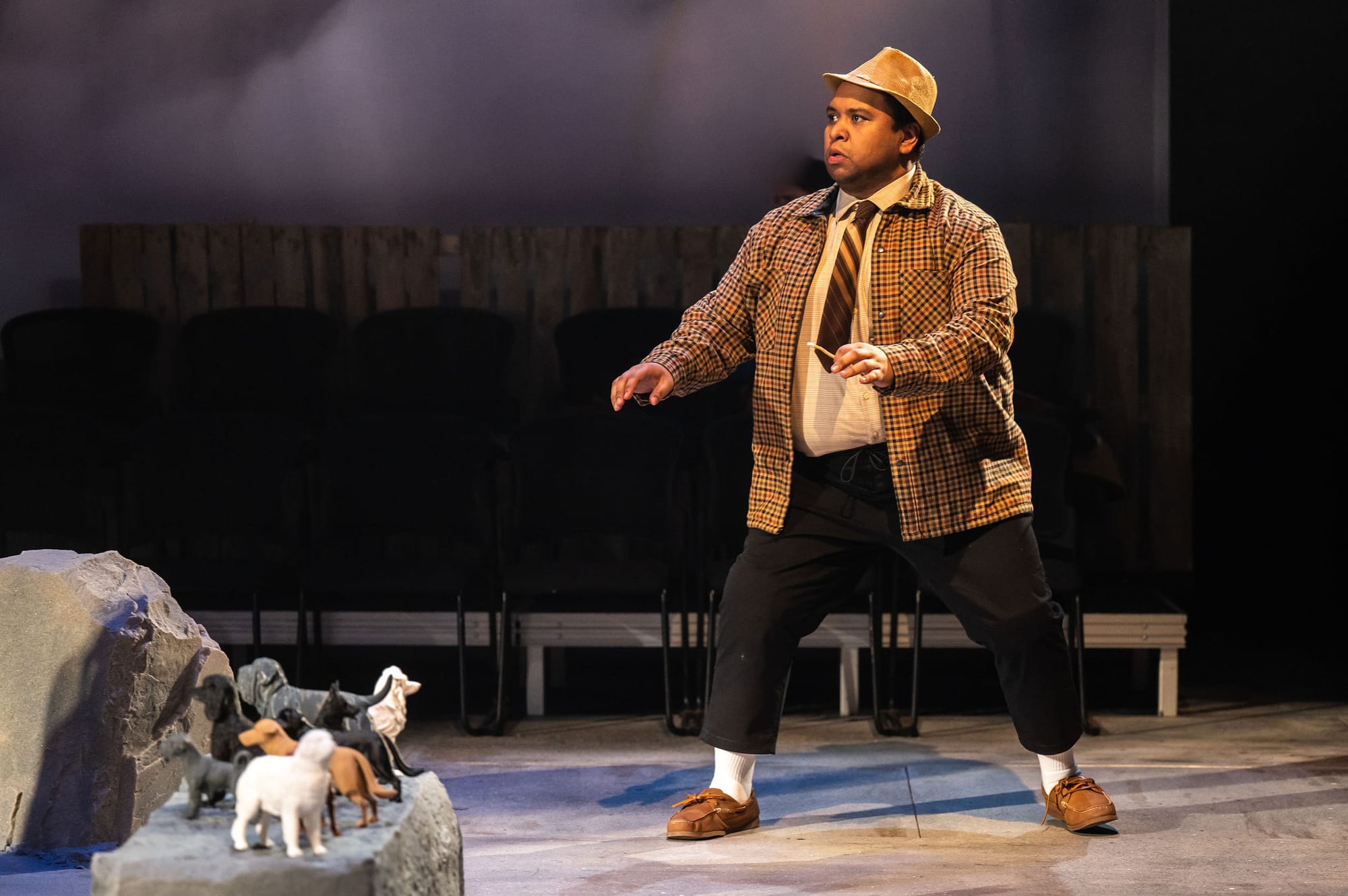
Peter Fernandes, actor
How many actors can say they played both a real-life journalist and a fictional one; a lovestruck young man in a small town; a noir-like police detective; and, most impressively, a sad little urban tree and a mischievous, crafty beagle – all in one year? In The Master Plan, Kelly v. Kelly, Pollyanna The Musical and Fifteen Dogs, the inimitable Fernandes played all of them to perfection, showing off his spontaneity, nimble physicality and unique comic delivery. Next season, look for him to impress as the pulled-in-every-direction hero in the Shaw Festival's production of the farcical One Man, Two Guvnors.
Rachel Forbes, designer
I can't imagine what Forbes's day-planner looks like – not to mention her sketch books. Her imaginative designs graced so many productions this year it was hard to keep track of them all. In plays like Topdog/Underdog and Vierge, her sets clued you in to the work's context or the power dynamics between its characters. Her costumes for Fairview told you a lot about its people even before the meta-theatrical happenings began. Best was her dreamlike sets and costumes for Of the Sea and speaking of sneaking. In the former, her colourful, shimmering creations made it seem like we had plunged to the bottom of an ocean populated by a magical underwater kingdom; in the latter, she spun a metaphorical web that crossed countries and planes of existence, providing a perfect backdrop for daniel jelani ellis's virtuosic tale of displacement.
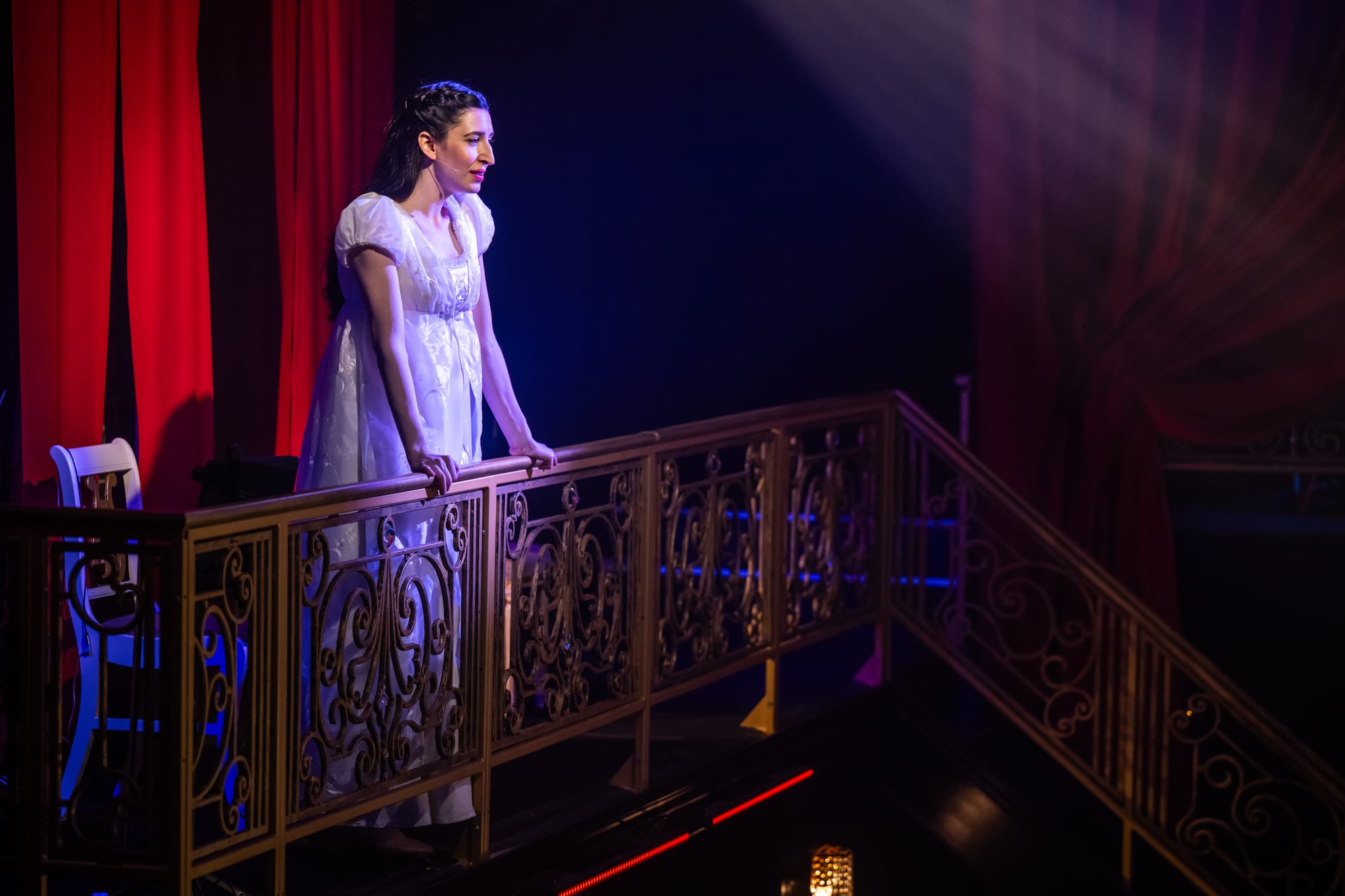
Hailey Gillis, actor
It seems like Gillis has been playing ingenues for some years now, but she brought a real depth and maturity to her contrasting performances as two Russian women at turning points in their young lives. As Nina in The Seagull, she journeyed from charming provincial naif to beaten-down actress with heartbreaking pathos. And in her eponymous role in Natasha, Pierre & the Great Comet of 1812, she transformed from an eager, innocent, aristocratic fiancée to a despairing, suicidal woman with hard-earned knowledge about herself and the world. In both roles she was simply luminous.
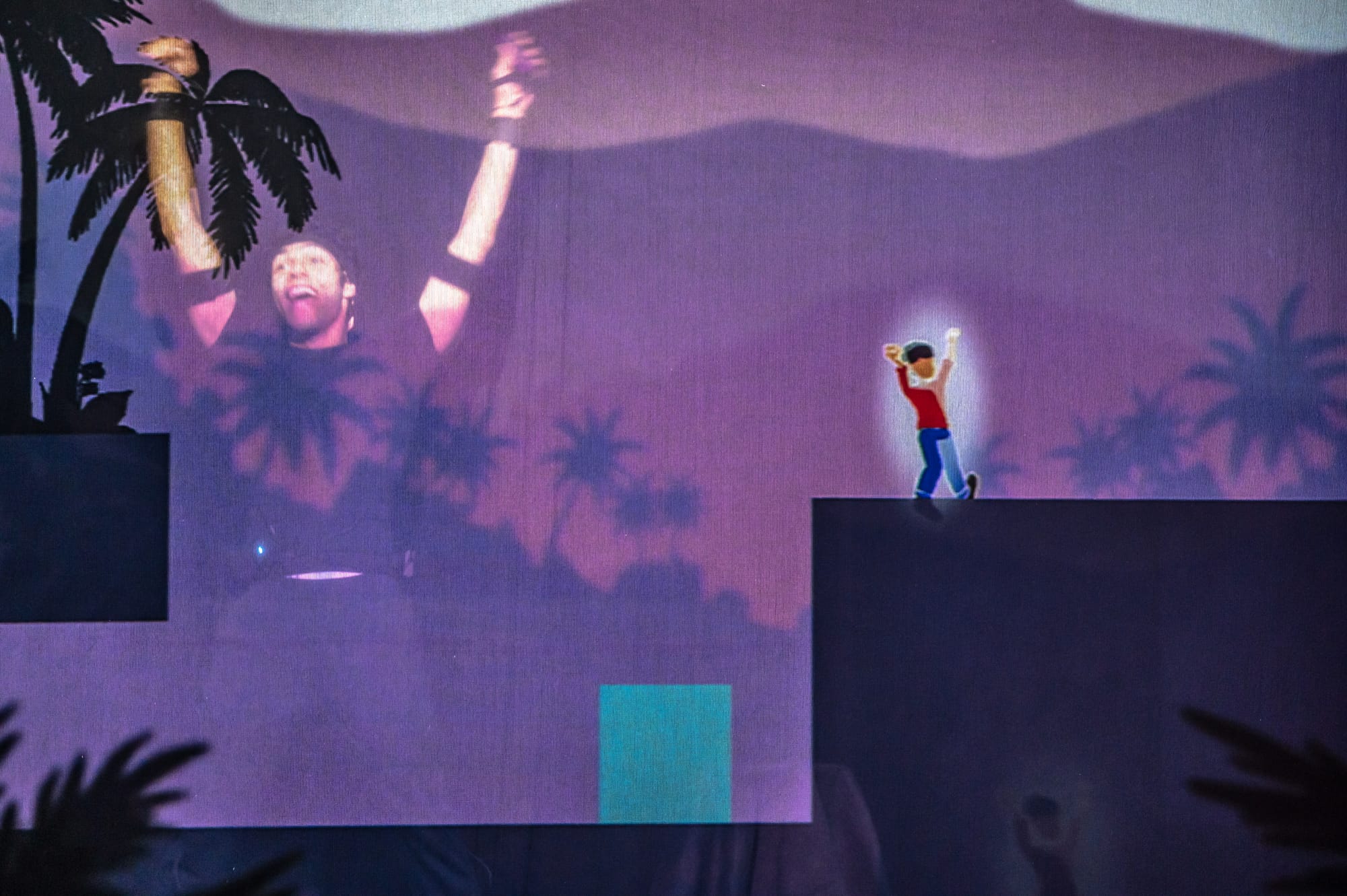
Sébastien Heins, writer, actor, director
Heins is one of those actors who naturally exudes openness and sincerity. That quality worked well for him in Topdog/Underdog, in which he played a Black man eking out an existence by donning white face and impersonating Abraham Lincoln at an arcade. In Sweeter, he played against that quality as a Black land owner who took advantage of a farmer and his daughter, even though his betrayal had tragic consequences. But his most impressive – and original – offering this year was No Save Points, his semi-autobiographical show (which he co-directed and starred in) chronicling his own experiences dealing with his mother's Huntington's disease and his own anxiety about inheriting it. Mixing memoir and video game technology, Heins created the template for a new kind of interactive theatre experience.
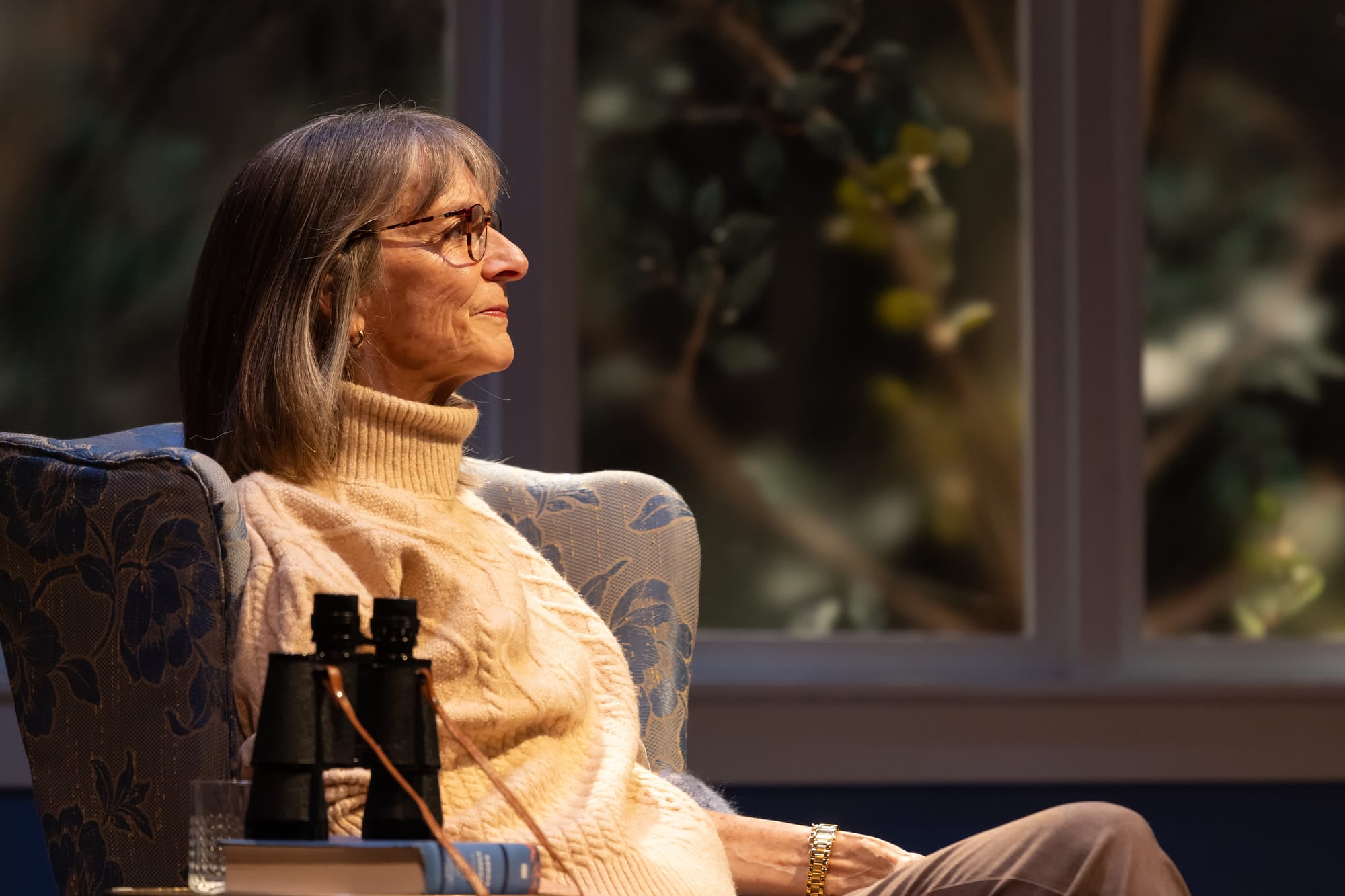
Nancy Palk, actor
Outside the two big classical repertory festivals (and, let's face it, even inside them), it’s rare to find intriguing roles for older female actors. So it was a treat to see Soulpepper co-founder Palk sink her teeth into not one but three fascinating new characters. In Prodigal, she played a WASPy Forest Hill matron who's full of contradictions and denial about both her black sheep son and her philandering husband, while in Withrow Park she played a woman sourly dissatisfied with the way her marriage, and life, has turned out. But it was as a discarded German housekeeper in Gregory Prest's haunting fable Bremen Town that the always dignified actor made the strongest impression, journeying to see her son in a neighbouring town and grudgingly collecting friends and bittersweet wisdom along the way.
Paolo Santalucia, writer, actor, director
"Can you believe this was his first play?" I lost count of the number of times I heard this or repeated it about Santalucia's Prodigal, a big, bold dysfunctional family drama he impressively wrote and directed. Meanwhile, the multi-talented artist disappeared into two roles this year: the self-absorbed actor in Armadillos and the frustrated, self-loathing writer Konstantin in The Seagull, director Daniel Brooks's magnificent final production.
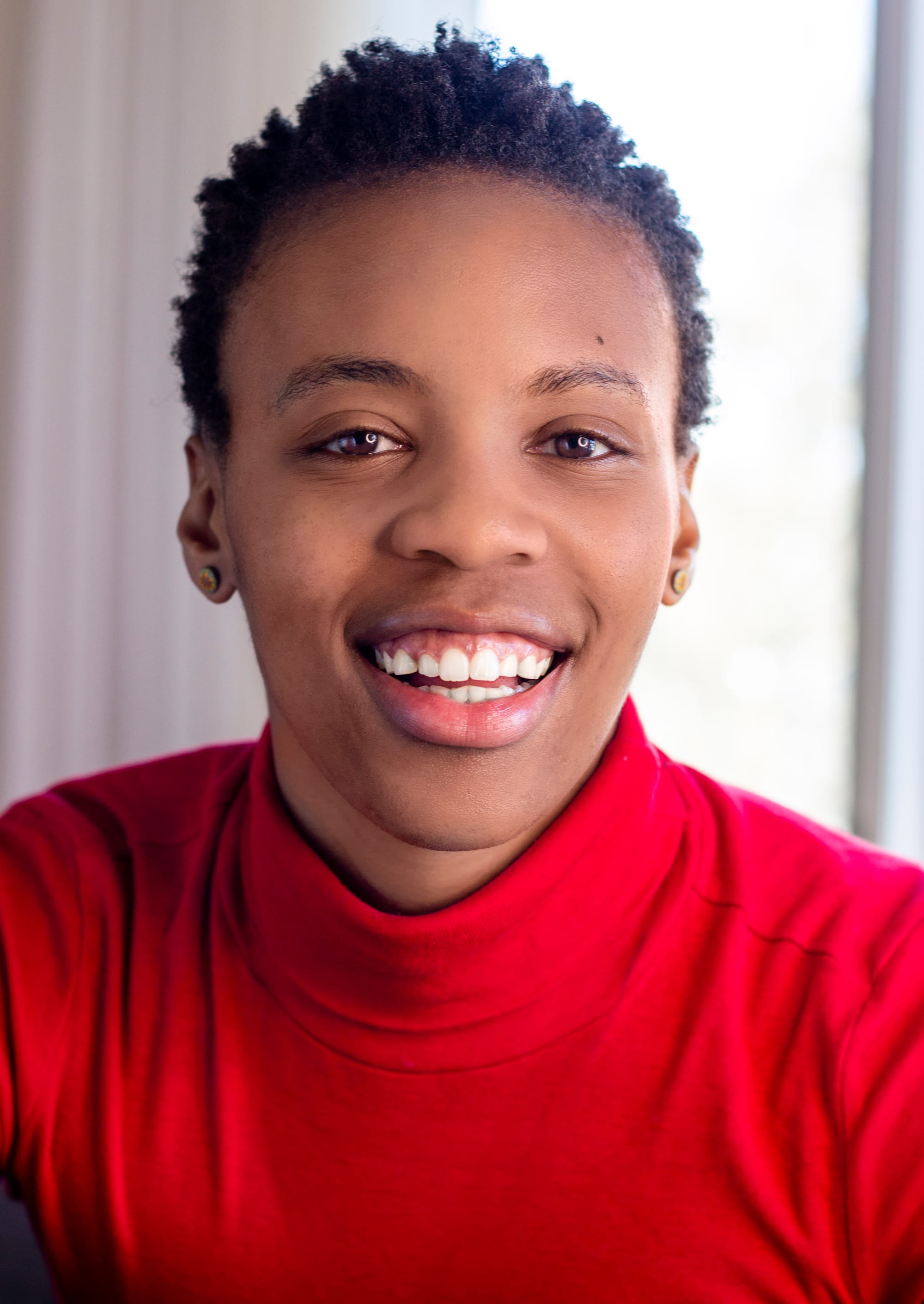
Amaka Umeh, actor
It's a testament to Umeh's power as an actor that you simply want to spend more time in their engaging company. Whether it was their mysterious, magnetic, cross-dressing piano accompanist Rose (in Fall on Your Knees), their clever and knowing truth-teller Rosaline (in Love's Labour's Lost) or their friendly farmer dispensing advice in a few scenes in Sweeter (an uncredited performance in a show they assistant-directed), Umeh can hold an audience's attention like few others. But the gender-fluid actor was most effective in their turn as two resourceful men navigating apartheid-era South Africa in Sizwe Banzi is Dead, a show that left a haunting afterimage.
Weyni Mengesha & Chris Abraham, artistic directors
Okay, I'm cheating here a bit. Mengesha and Abraham are at the artistic helms of Soulpepper and Crow's Theatre, respectively, which they led this year with surprising, diverse and often box-office-record-shattering success. But as directors they were also responsible for some of the most distinctive productions, including, for Mengesha, the groundbreaking revival of Scott Joplin's Treemonisha and The Guide to Being Fabulous, and for Abraham, The Master Plan, Much Ado About Nothing and Natasha, Pierre & the Great Comet of 1812.
Related articles: Storming the stage: The breakthrough artists of Toronto's theatre scene in 2023 (in The Toronto Star); and The 10 best theatre productions of 2023 (with J. Kelly Nestruck in The Globe and Mail)
